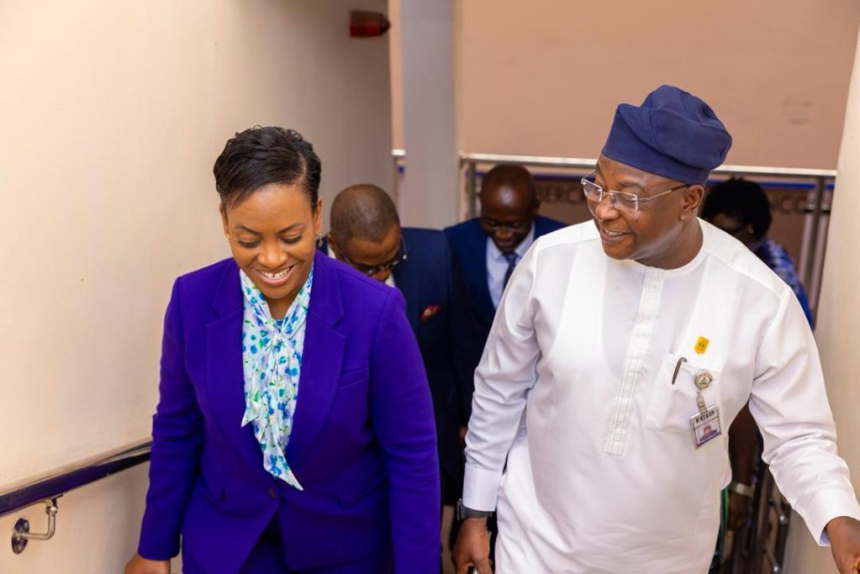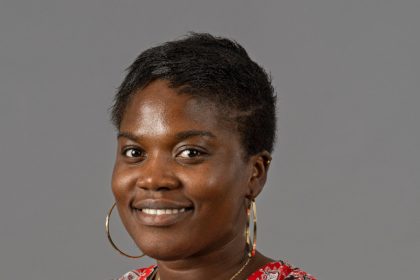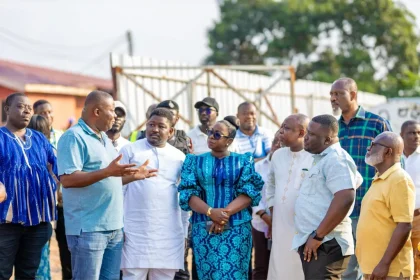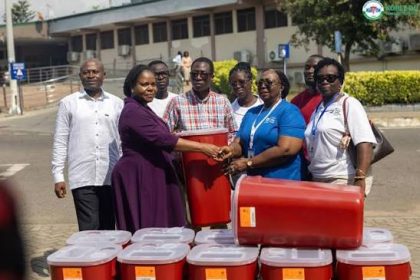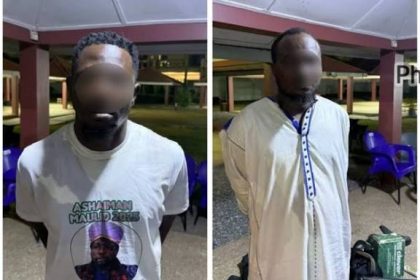The Ghana Police Service and the Nigeria Police Force have reaffirmed their commitment to jointly combating human trafficking and related transnational crimes across West Africa.
The commitment was made at a high-level security meeting held in Abuja on November 7, 2025, co-chaired by Commissioner of Police (COP) Ms Lydia Yaako Donkor, Director-General of the Criminal Investigations Department (CID) of the Ghana Police Service, and Dr Sadiq I. Abubakar (mni, PhD), Deputy Inspector General, Nigeria Police Force.
A statement issued by Assistant Superintendent of Police (ASP) Angela Kumi, and copied to the Ghana News Agency on Monday, said the meeting brought together senior officials from law enforcement, immigration, intelligence, and diplomatic agencies of both countries.
“The discussions focused on emerging forms of human trafficking, their growing linkages with cyber-related crime, and the need for stronger regional cooperation to address the rising number of victims across the sub-region,” it said.
Dr Abubakar commended COP Donkor for initiating the engagement during the INTERPOL Africa Regional Conference in South Africa earlier this year.
COP Donkor, on her part, expressed appreciation to the Nigerian authorities for the collaboration and reaffirmed Ghana’s commitment to enhanced intelligence-sharing and coordinated enforcement actions.
Both sides agreed to establish a Joint Task Force (JTF) to handle cross-border trafficking cases, appoint focal officers for real-time information exchange, and develop standard protocols for victim repatriation and support.
“They also resolved to undertake joint public awareness campaigns targeting the youth and border communities, and to convene a high-level meeting of West African Police Chiefs to harmonize regional strategies against trafficking,” the statement added.
The meeting came out with a communiqué, reaffirming the shared commitment of Ghana and Nigeria to dismantle trafficking networks, protect victims, and sustain bilateral cooperation under ECOWAS and INTERPOL frameworks.


